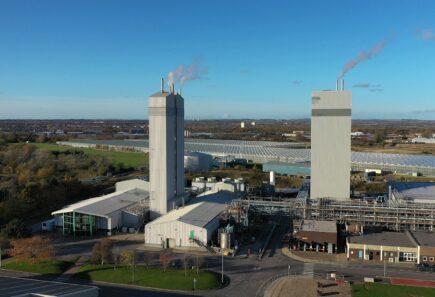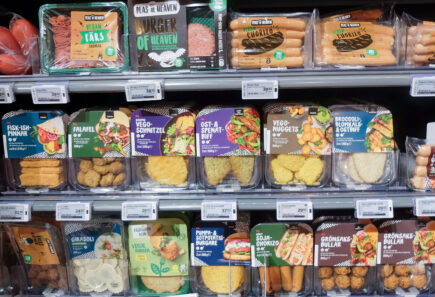
Planting the seeds of change – how Europe’s farmers can reap the benefits of plant-based foods
Elena WaldenAs the appetite for plant-based food grows across Europe, these products present new opportunities for farmers to produce the raw ingredients they need.









